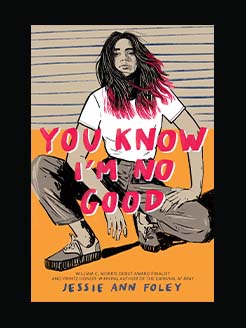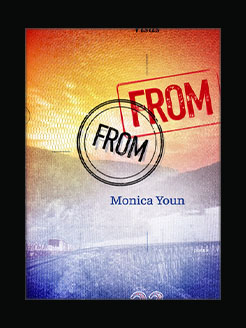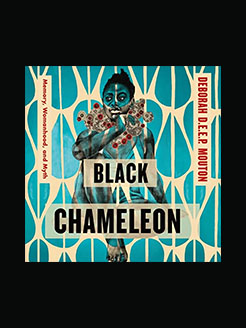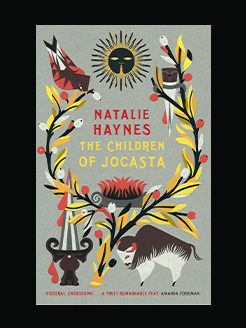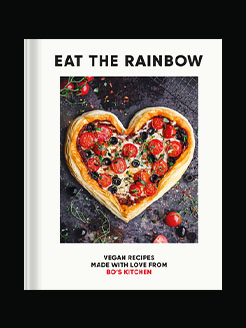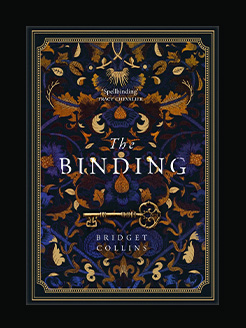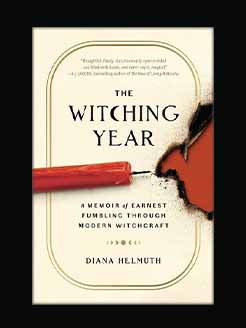Published in 2020
240 pages
Alice Wong is a disabled activist, media maker, and research consultant based in San Francisco, California. She is the founder and director of the Disability Visibility Project, an online community dedicated to creating, sharing, and amplifying disability media and culture. Alice is also the host and co-producer of the Disability Visibility podcast and co-partner in a number of collaborations such as #CripTheVote and Access Is Love. From 2013 to 2015, Alice served as a member of the National Council on Disability, an appointment by President Barack Obama.
What is this book about?
A groundbreaking collection of first-person writing on the joys and challenges of the modern disability experience: Disability Visibility brings together the voices of activists, authors, lawyers, politicians, artists, and everyday people whose daily lives are, in the words of playwright Neil Marcus, “an art…an ingenious way to live.” A Vintage Books Original.
According to the last census, one in five people in the United States lives with a disability. Some are visible, some are hidden—but all are underrepresented in media and popular culture. Now, just in time for the thirtieth anniversary of the Americans with Disabilities Act, activist Alice Wong brings together an urgent, galvanizing collection of personal essays by contemporary disabled writers. There is Harriet McBryde Johnson’s “Unspeakable Conversations,” which describes her famous debate with Princeton philosopher Peter Singer over her own personhood. There is columnist s. e. smith’s celebratory review of a work of theater by disabled performers. There are original pieces by up-and-coming authors like Keah Brown and Haben Girma. There are blog posts, manifestos, eulogies, and testimonies to Congress. Taken together, this anthology gives a glimpse of the vast richness and complexity of the disabled experience, highlighting the passions, talents, and everyday lives of this community. It invites readers to question their own assumptions and understandings. It celebrates and documents disability culture in the now. It looks to the future and past with hope and love
